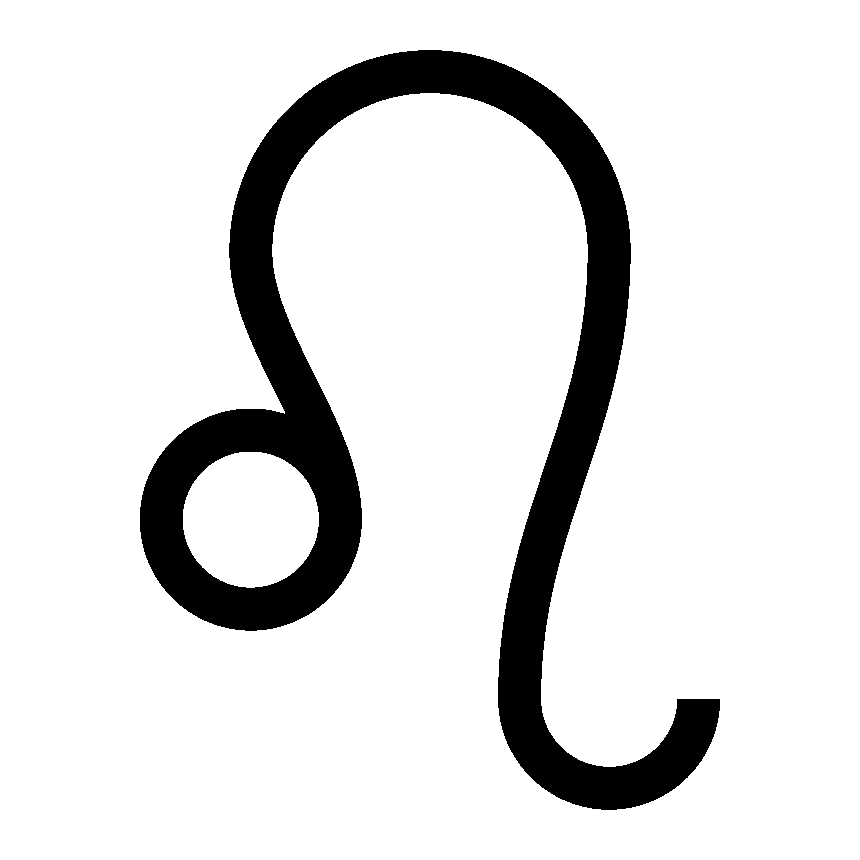
Pope Leo XIV, the newly chosen Pontiff and the first American to hold the office, you have identified artificial intelligence as one of the most urgent challenges with which humanity is confronted. In his inaugural speech to the College of Cardinals in the Vatican, I underlined the ethical and social dilemmas of AI, causing parallels to be drawn to the revolutions of the industrial revolution.
In the past, Cardinal Robert Prevost, Pope Leo XIV chose his papal name in honor of Pope Leo XIII, known for the arguing of employee rights during the industrial era. This choice indicates an obligation to tackle contemporary social issues, in particular those of technological progress. I have emphasized that the church should lead to the protection of human dignity and work in the midst of the rapid development of AI technologies.
The Vatican has been proactive in investigating the implications of AI. A teaching note entitled *Antiqua et Nova *, earlier this year, dives into the relationship between artificial and human intelligence. The document warns against potential dehumanation due to AI and emphasizes concerns such as the erosion of critical thinking, increased supervision and the ethical consequences of autonomous weapon systems. It emphasizes that AI must make a supplement to, not replacing, human intelligence, corrosive agament that creates a ‘replacement for God’.
The address of Pope Leo XIV is in line with his Predssor, Pope Francis, who had also expressed fear of the impact of AI on society. Pope Francis had called for international regulations to introduce AI technologies that maintain human rights and Proge Peace. In particular, I have emphasized the dangers of AI in the arms sector, argue for meaningful human supervision to prevent autonomous systems from making life and deaths.
In his first public mass, Pope Leo XIV Livo Society’s increasing priority of technology, wealth and success over spiritual values. He warned that such trends could lead to a superficial endorsement of faith and a loss of goal. I encouraged the church to serve as a beacon of hope and unity in a world struggling with technological and moral complexities.
The concerns of the pope are not isolated. The Vatican has dealt with dialogues with global leaders and institutions to tackle the ethical use of AI. In a message to the World Economic Forum, Pope Francis emphasized that AI should serve the human potential and could not compete against it. I have stranded for cooperation efforts to realize AI technologies, are being developed and implemented, with a focus on inclusion, transparency and the public interest.
